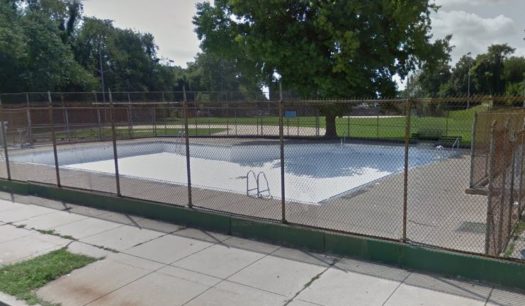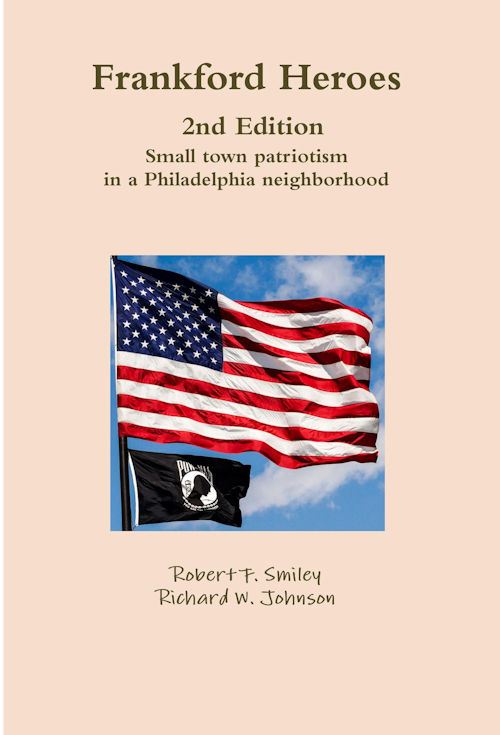
100 years ago, the United States was at war. It became official on April 6th of 1917 and in June of that year, young men all over America and Frankford, began registering for the draft. The war in Europe had been going on since 1914 and was at a stalemate. It would take the entry of the United States to bring it to an end.
American troops began arriving in France in June of 1917 and the first combat death was in November. While the American participation in the war was ramping up, another killer was emerging. The first cases of the great flu pandemic were reported at Fort Riley, Kansas in March of 1918. It would eventually kill 550,000 Americans, including many soldiers.
Frankford sent over 2,000 into battle in 1918. Their names are listed on the Frankford War Memorial at Frankford Stadium. 21 on those young men died in service and it is those young men who we honor this month.
Warren John Decker – killed in action on July 16, 1918 – 30 years old
Jesse Vandergrift – died in France on August 3, 1918 – 24 years old
William Johnson – died in France on September 7, 1918
Thomas William Astbury Jr. – killed in action on September 18, 1918 – 31 years old
Benneville Wellington Bertolet – killed in action on September 24, 1918 – 27 years old
Amos Raymond Taylor – killed in action on September 26, 1918 – 21 years old
Charles Harold Redman – killed in action on September 27, 1918 – 27 years old
Howard B. Cantelly – died of influenza in October of 1918 – 21 years old
Chares Francis Elliott – died of influenza in France on October 1, 1918 – 27 years old
Joseph T. McClurg – died of influenza on October 1, 1918 – 27 years old
Elmer J. Needham – died of disease on October 10, 1918 – 32 years old
William Charles Peel – died of influenza October 13, 1918 – 26 years old
Horace Givens – died of influenza on October 14, 1918 – 24 years old
William Wilkinson Neumann – died of influenza on October 19, 1918 – 21 years old
Joseph Alexander Coyle – died of influenza on October 28, 1918 – 25 years old
Louis Redding – killed in action in November of 1918 –
George H. Cassels – died of influenza on November 1, 1918 – 21 years old
Edward Nelis – died of wounds in battle on November 4, 1918 – 32 years old
Charles J. Coyle – killed in action on November 5th, 1918 – 23 years old
Walter Carroll Brinton – died December 8, 1918 – 23 years old
Admiral Johnson – died of influenza on May 20, 1919 – 24 years old
More about these young men can be found in our book, Frankford Heroes at this link.










